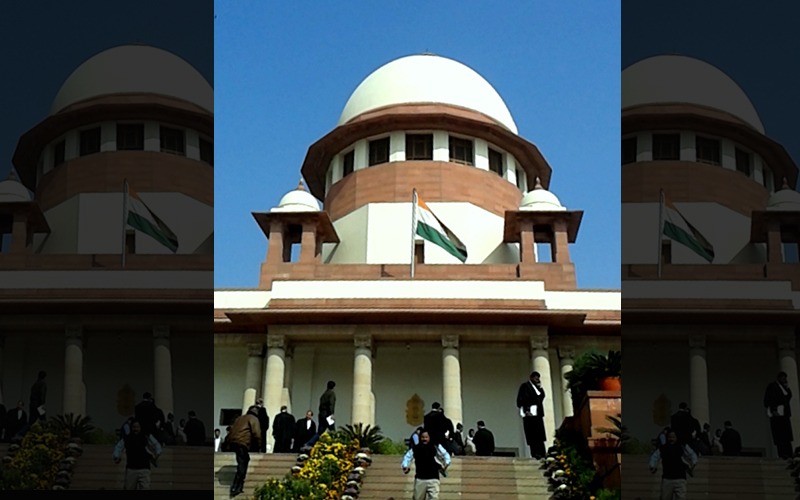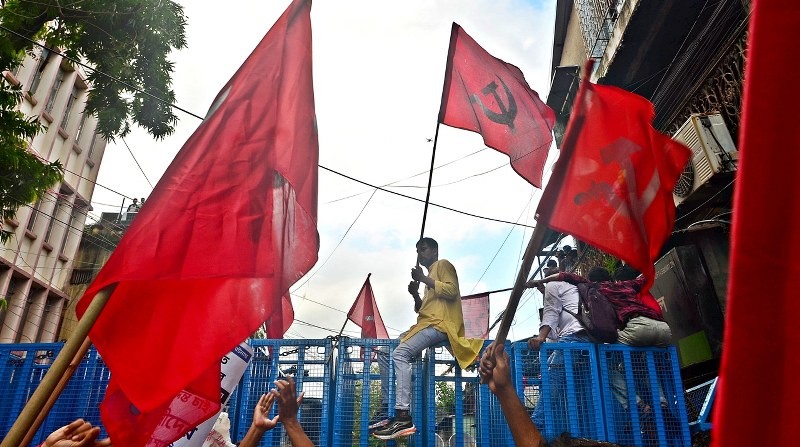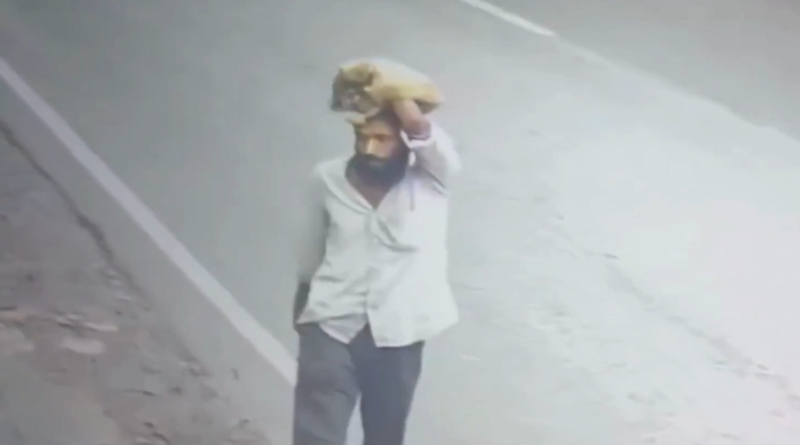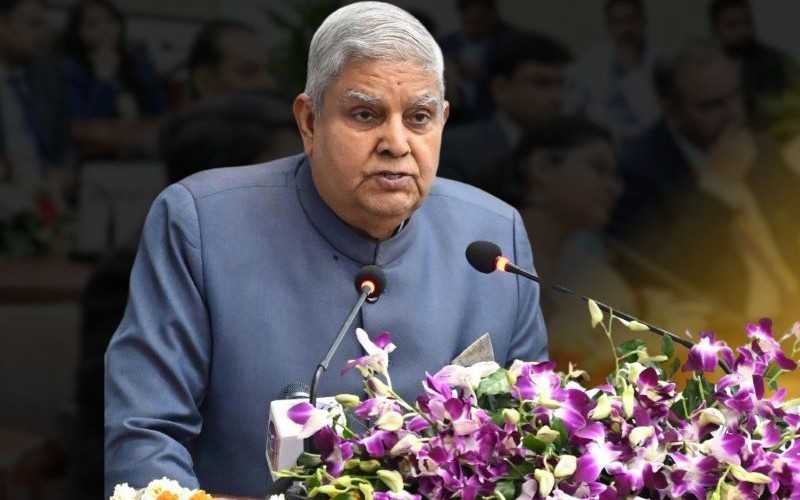Same-sex marriage: Review petition filed in Supreme Court challenging Oct 17 verdict

New Delhi/IBNS/UNI: A review petition has been filed before the Supreme Court on Wednesday challenging its October 17 judgement refusing to recognise the right of same-sex couples to enter into wedlock.
The development came two weeks after the Supreme Court on October 17 pronounced the verdict in the same-sex marriage case.
The petitioner Udit Sood said he has moved the apex court by filing a review petition challenging the October 17 verdict.
"I have filed a review petition in the Supreme Court in the same-sex marriage case. I don't know when this case will be taken up for hearing by the apex court," Udit said.
The Supreme Court in its verdict had declined to grant legal recognition to same-sex marriages, noting that it is only for the Parliament and state legislatures to create such institutions and grant them legal validation.
The court was unanimous that it is beyond their remit to issue a positive direction to the legislature to accord legal recognition to same-sex marriage
The constitution bench of five judges, headed by the Chief Justice of India (CJI) Dhananjaya Yeshwant Chandrachud and also comprising Justices Sanjay Kishan Kaul, S Ravindra Bhat, Hima Kohli and PS Narasimha, gave the verdict unanimously.
The judges were also unanimous in giving the go-ahead to a high-powered committee proposed by the Centre in May to examine the concerns of same-sex couples and certain corrective measures.
One of the judges, Justice Kaul, agreed with the CJI's views and opined that the state must ensure that queer couples faced no discrimination in accessing basic needs and societal tolerance.
He said that giving the right of marriage to queer couples by the court was not possible as it is a legislative exercise.
They must be given their due rights so that they will mix with society, Justice Kaul had said.
Justice Bhat, one of the other judges out of five, said that queerness is neither urban nor elitist but expressed his disagreement with the directions issued by the CJI.
"The role of legislature has been to act as a codifier of customs and wherever necessary intervene in furtherance of Articles 14 and 15(3) to enact laws," he said.
"I do not particularly subscribe to the views of CJI on democratising intimate spaces. These outcomes were brought by legislative acts," the SC judge said.
The judgments, separately authored by the CJI and justices Kaul, Bhat and Narasimha, also refused to annul or tweak the provisions of the Special Marriage Act (SMA) to include non-heterosexual couples within its fold, even as they declared that queer couples have a right to cohabit without any threat of violence, coercion of interference.





